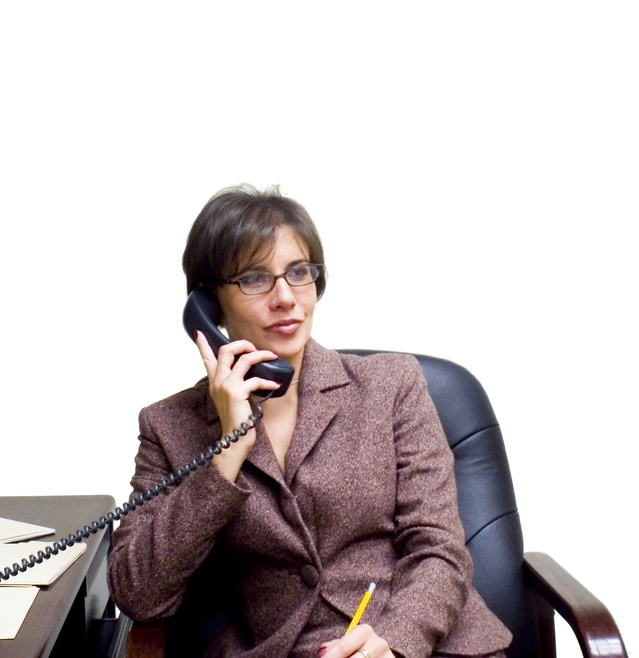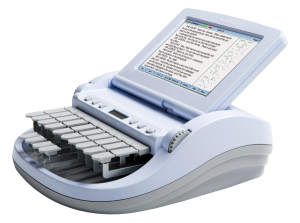 In the legal profession, exercising good manners is essential for success. Proper etiquette can help you land a job, get a promotion, and establish excellent relationships with others. Part of being a professional is knowing how to behave properly in the workplace.
In the legal profession, exercising good manners is essential for success. Proper etiquette can help you land a job, get a promotion, and establish excellent relationships with others. Part of being a professional is knowing how to behave properly in the workplace.
What exactly is business etiquette? It is presenting yourself in such a way that allows you to be taken seriously. This involves demonstrating that you have the self-control necessary to be good at your job, have knowledge of business situations, and have the ability to make others comfortable around you. Lack of good business etiquette can cause your clients and co-workers to distrust your capabilities and your judgment.
A large part of business etiquette is conveying courtesy and respect for others. Here are some basic rules of behavior that demonstrate courtesy and respect.
1. Be on time.
When you arrive late to a meeting or appointment, you are wasting the time of the people with whom you are meeting. This can lead to resentment from fellow co-workers and clients.
Showing up to an appointment on time shows that you respect and value the other person. It demonstrates that you are dedicated to your job and interested in your work. Being on time shows you are committed to keeping your word. Clients and co-workers learn to trust you and know they can depend on you.
2. Dress appropriately.
Dressing inappropriately can be a distraction. It can also call into question your judgment and ability to
make good decisions.
No matter what legal position you hold, you are a representative of your company or firm and you should dress accordingly. However, what is considered appropriate will vary from firm to firm. Some firms may expect you to dress formally, wearing suits most of the time. Other firms may allow employees to dress more casually on days when clients are not in the office. Find out what is acceptable in your firm and adhere to the norm.
3. Use simple manners.
Those good old-fashioned manners aren’t old-fashioned after all. Saying “please” and “thank you”, asking for permission, offering unsolicited help, all of these examples of good manners will still take you a long way in the workplace. Simple courtesy can sometimes be forgotten in today’s legal industry. Because of this, people will really notice if you consistently remember your manners. You can show your manners verbally, as well as in an email. For instance, if you ask a co-worker for help on a project, a thank-you email shows them you appreciate their contribution. It also is a sign of respect.
4. Be a good listener.
We have all been involved in a conversation where it is evident the other person is not truly listening to us. Maybe they are gazing off as you speak or maybe they interrupt what you are saying to add their comments. As a result, you probably did not think highly of them for their rude or distracted behavior. Good listening skills can set you apart and let others know you are engaged and interested.
It is very simple to be a good listener. Look the speaker in the eye rather than gazing around the room. Allow the speaker to fully finish speaking before responding. Don’t rush the conversation or try to change the subject. Avoid constantly comparing the other person’s experience to your own. Continually inserting yourself and your experiences will be viewed as self-centered.
5. Know how to give and receive business cards.
Exchanging business cards is a common occurrence for many legal professionals. There are ways of giving and receiving cards that work better for establishing a relationship and conveying respect.
Give business cards using discretion. Handing out multiple cards at a time to one person may convey the message that your cards have little value. Hand the card over with the print facing the receiver so they don’t have to turn it around to read it.
When receiving a card, thank the person handing you the card. Hold the card in both hands. Look at the card and read it immediately when you receive it. This shows you are interested in the person and their information. If you glance at the card and then drop it in your pocket, it may convey a lack of interest and appear rude.
6. Avoid cell phone distractions.
Cell phones and devices are very much ingrained in the way we do business today. However, there are still times when they can be obstructive rather than productive. One of those times is in a meeting. When in a meeting, you should turn your cell phone completely off. It’s not enough to turn it to vibrate mode. When your phone vibrates, it will often still be heard by others. Reaching for your phone to silence the ring or vibration is still a distraction, draws unwanted attention to yourself, and disrupts the flow of the meeting.
If your telephone rings while you are speaking with others, resist the temptation to look to see who it is. Silence it immediately. This signals to the other person that they have your undivided attention and that your conversation with them is important to you.
Good Etiquette is Good Business
Having good manners can give you an advantage in your career as a legal professional. Practicing these simple rules will convey to people that you are trustworthy, have good judgment and are an emotionally-intelligent person. All of these traits will allow you to gain respect and build better work relationships.
If you would like more information on good business etiquette in the legal industry, here are some resources you may find helpful:
Business Etiquette Answers For Today’s Legal Professionals
15 Vital Business Etiquette Rules
If you enjoyed this article, you might also like “7 Technology Skills for Legal Assistants and Paralegals Who Want to Excel in Their Careers.”
 Today’s legal assistants and paralegals need to be proficient in a variety of computer and technology skills. As the role of the legal professional changes and grows, a need for technology knowledge is high on the list of requirements for legal industry job positions. The more technology skills you possess, the more valuable you become as a legal assistant or paralegal.
Today’s legal assistants and paralegals need to be proficient in a variety of computer and technology skills. As the role of the legal professional changes and grows, a need for technology knowledge is high on the list of requirements for legal industry job positions. The more technology skills you possess, the more valuable you become as a legal assistant or paralegal.
 What Are Ethics?
What Are Ethics? In an article on About.com, the profession of Court Reporting is listed as one of
In an article on About.com, the profession of Court Reporting is listed as one of